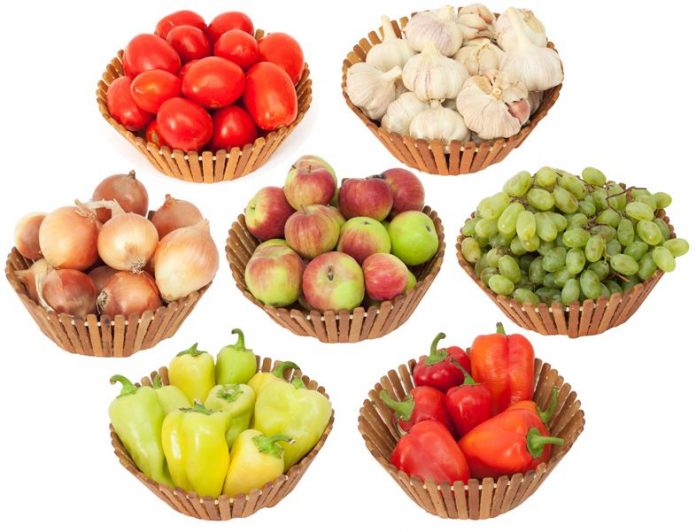There are several essential nutrients missing from the diets most people eat. Replacing them with vitamin supplements doesn’t make up for the synergistic effects of nutrients found in food.
Fiber
Fiber is the indigestible part of vegetables, fruits, and whole grains. Whole grains and cereal fiber can lower your heart disease risk by 30%.
To increase the fiber in your diet to the recommended 14g for every 1,000 calories eaten, have a 1/2 cup serving of Fiber One cereal and add more beans to your diet with lentil soup. Use whole-grain bread and add some fruit and vegetables to your meals.
Magnesium and Potassium
Magnesium and potassium are linked to blood pressure control, protection from osteoporosis, heart disease, diabetes, and stroke. To add magnesium, have a half-cup of bran and cooked spinach daily. For potassium, eat sweet potatoes, white potatoes, white beans, and bananas.
Calcium
Calcium provides the raw material for building your teeth and bones. It prevents bone-thinning osteoporosis, contributes to healthy blood pressure, and can reduce the risk of colon cancer.
To have the right amount in your diet, drink three glasses of low-fat or fat-free milk every day, or have eight ounces of fat-free yogurt and 2-3 ounces of low-fat cheese each day.
Vitamin A
Vitamin A cares for and maintains our eyes, the linings of the respiratory, intestinal, and urinary tracts, and the quality of our skin. To add more vitamin A to your diet, add darkly-pigmented foods to your daily diet.
These include carrots, spinach, kale, winter squash, and a medium baked sweet potato. They do not include lettuce and french fries.
Vitamin C
Vitamin C is necessary for our body to create collagen, a glue that holds our skin, bones, blood vessels, and skin together. It also helps to make brain chemicals, neutralize damaging free radicals, and metabolize cholesterol.
Vitamin C may also help the heart and reduce arthritis and diabetes. To add vitamin C to your diet, simply add a glass of orange juice or an orange every day.
Other helpful foods with vitamin C are kiwifruit, cantaloupe, Brussels sprouts, strawberries, red or green bell peppers, and broccoli.
Vitamin E
Sufficient vitamin E also neutralizes free radicals to protect cells from damage, plays a role in the immune system, can help prevent the common cold, and can lower the risk of Parkinson’s disease.
Foods healthy in vitamin E include almonds, sunflower kernels, and sunflower oil in salad dressings, which helps you gain the nutrients from the vegetables and carry the vitamin E into the bloodstream.

